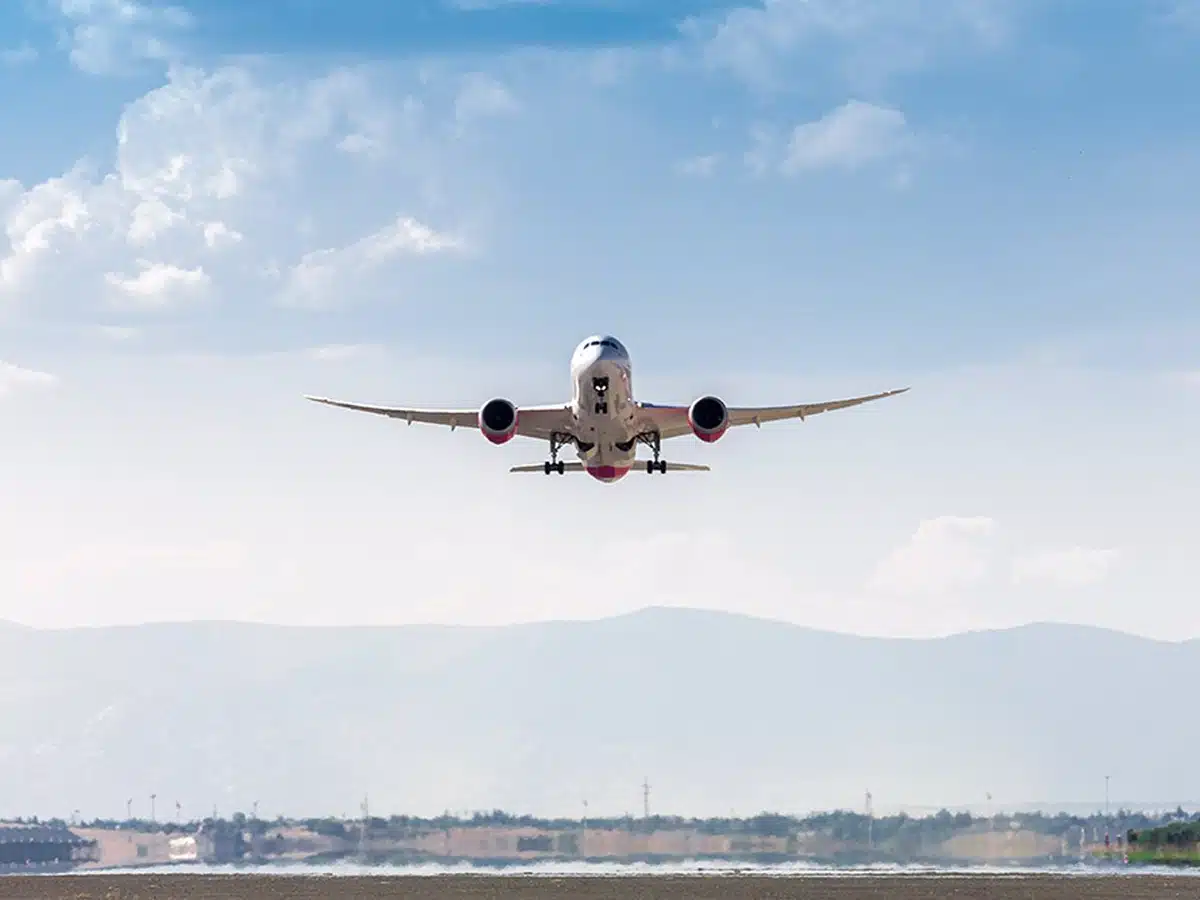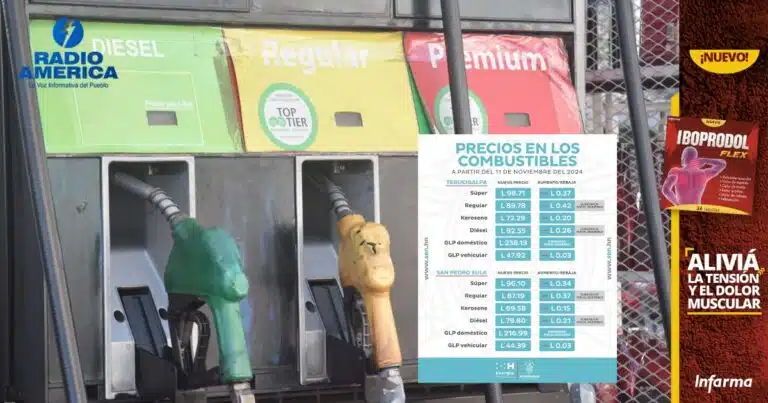The impact of the aviation fuel tax in the EU and its consequences on Spanish tourism

The introduction of an aviation fuel tax in the European Union (EU) raises serious concerns about its economic impact, especially on the Spanish tourism sector. According to recent studies, this measure could result in a decrease of up to 6.1 billion euros in tourist spending, which would indirectly affect the country’s economic growth and lead to a drop in passenger demand of 8.7%. The collateral effects of this regulation include the potential loss of 50,000 jobs and a decrease of 7.7 billion euros in the Gross Domestic Product (GDP). As the EU debates the introduction of this tax, aviation sector associations have urged prioritizing more sustainable alternatives that do not compromise the competitiveness of European aviation or tourism development.
The introduction of an aviation fuel tax in the European Union (EU) has generated considerable debate, especially regarding its effect on tourism in Spain. A recent study indicates that this tax could result in a drastic fall in tourist spending, negatively affecting the Spanish economy. A decrease of 6.1 billion euros in tourism-related spending is estimated, as well as a reduction of 8.7% in passenger demand, repercussions that could translate into a significant contraction of the Gross Domestic Product (GDP) and the loss of thousands of jobs.
Economic consequences of the tax
The report from the international consultancy Steer, commissioned by Airlines for Europe (A4E) and the European Regional Airlines Association (ERA), highlights the alarming impact that implementing this tax would have on Spanish tourism. It is estimated that the application of a tax on aviation kerosene could lead to a drop of up to 7.7 billion euros in the country’s GDP. This situation would not only imply a decrease in tourist consumption but could also result in the elimination of nearly 50,000 jobs.
Arguments against the tax
The organizations A4E and ERA have been vocal in their opposition to the tax, emphasizing that its implementation would represent an obstacle to airlines’ efforts towards sustainability. They argue that the resources generated by this tax would not be adequately allocated to the decarbonization of the sector, contradicting the environmental goals aimed to be achieved. Instead, the associations advocate for the EU to focus its policies on measures that favor reducing environmental impact without sacrificing the competitiveness of European airlines.
Proposed alternatives for sustainability
Among the proposed alternatives is investment in the development of Sustainable Aviation Fuel (SAF) and the implementation of cleaner aeronautical technologies. Additionally, reforming European airspace is suggested to achieve a reduction of CO2 emissions, which could be more beneficial for both the environment and the economy. These proposals offer a more balanced way to address the needs for sustainability and the demands of tourism in the region.
The legislative debate in the EU
In this regard, the EU is currently considering an intra-community tax on aviation fuel as part of the review of Directive 2003/96/EC on energy taxation. It is essential that these decisions are made with a clear focus on the impact they may have on economies, especially in those like Spain, which rely heavily on the tourism sector. Associations have requested that thorough studies be conducted to assess the potential consequences of the tax before its implementation.
Conclusions on the future of the tourism sector
The current situation raises questions about the future of the tourism sector in Spain and how fiscal policies can shape this landscape. With an approach that prioritizes sustainability along with the prosperity of tourism, a solution that benefits both the environment and the economy could be found. Dialogue between European authorities and industry players will be crucial in the coming months to define a path forward.
Related news
Follow us on social media
The repercussions of the aviation fuel tax on Spanish tourism
The proposal to implement an aviation fuel tax in the European Union has the potential to trigger a series of alarming economic effects for Spain’s tourism sector. According to recent studies, if this measure is carried out, a decrease in tourist spending of approximately 6.1 billion euros is anticipated, a significant blow to the Spanish economy that largely depends on this industry.
Moreover, the impact is not limited to the financial realm. It is estimated that the introduction of this tax could lead to a reduction of 8.7% in passenger demand, as well as a drop of 7.7 billion euros in the gross domestic product (GDP). These changes could result in the loss of up to 50,000 jobs, deteriorating not only the economic situation in Galicia but also the quality of life of its inhabitants.
The report prepared by the consultancy Steer, commissioned by Airlines for Europe (A4E) and the European Regional Airlines Association (ERA), states that this tax would act as a brake on airlines’ efforts to progress towards sustainability. The resources generated would not be allocated to decarbonization projects in the sector, which could translate into a setback in advances towards a greener future.
In light of this situation, it is essential that the European Union considers alternatives that allow for reducing the environmental impact of aviation without sacrificing the economic competitiveness of airlines. Investing in more sustainable technologies and the development of Sustainable Aviation Fuel are measures that could provide viable solutions, ensuring the prosperity of Spanish tourism and the overall health of the economy.




